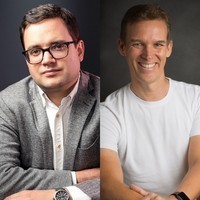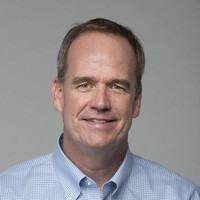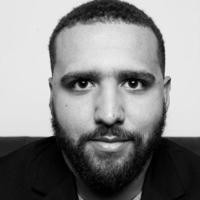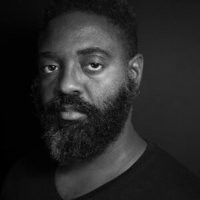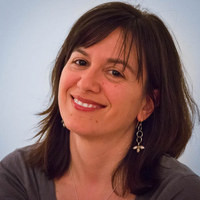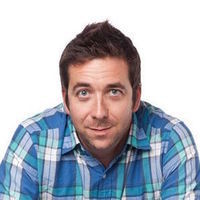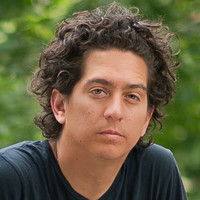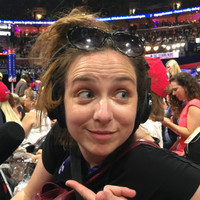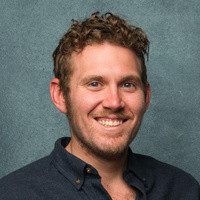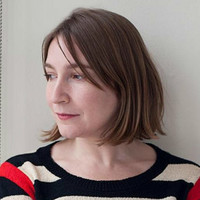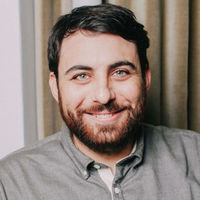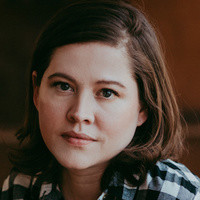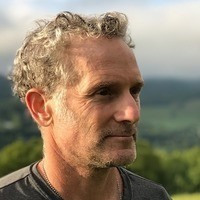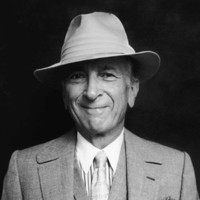
The Longform Guide to David Letterman
From his early days in Indiana to his exit interview after 33 years in late night, a David Letterman reading list.</p>
The Early David Letterman 1967-1980
From Muncie to NBC.
Kliph Nesteroff WFMU Blog Mar 2010 30min
"That Joke Has Everything"
A pre-Late Night profile.
Peter Kaplan Esquire Dec 1981 25min
Late Night
Recounting an appearance on Letterman.
David Foster Wallace Playboy Jun 1988 30min
My Letterman Years
Memories of working on the show in the ’90s.
Daniel Kellison Grantland May 2015 25min
Big Trouble at 11:35
The sex scandal.
Mark Seal Vanity Fair Apr 2010 30min
David Letterman Reflects on 33 Years in Late-Night Television
An exit interview.
Dave Itzkoff New York Times Apr 2015 15min
Dec 1981 – May 2015 Permalink




